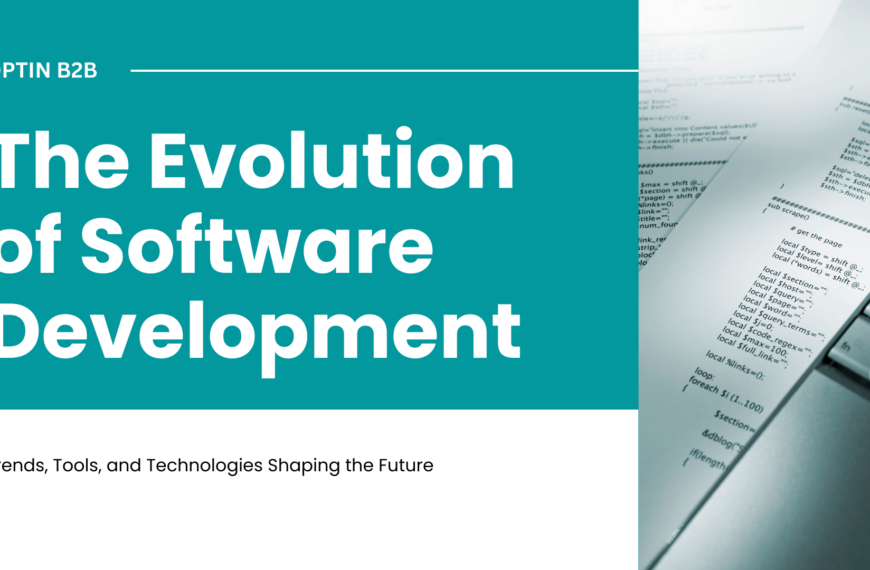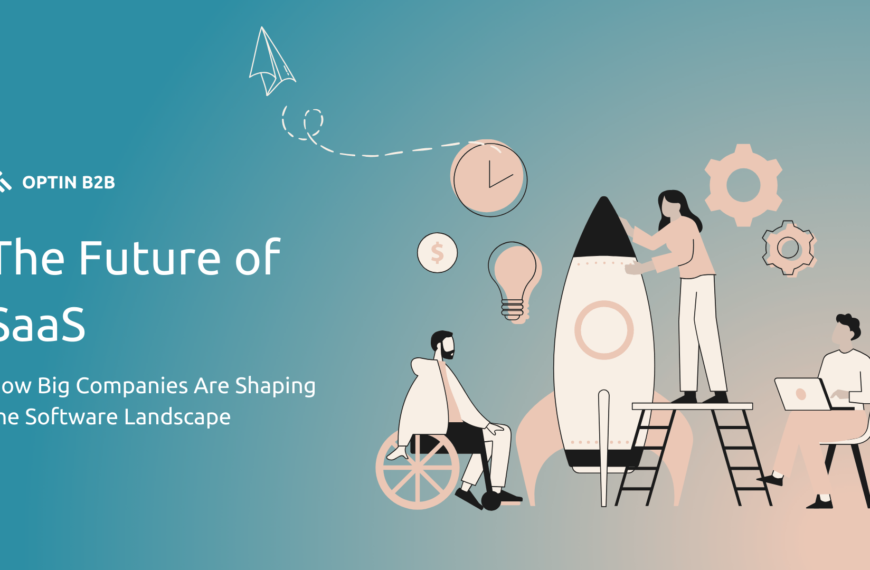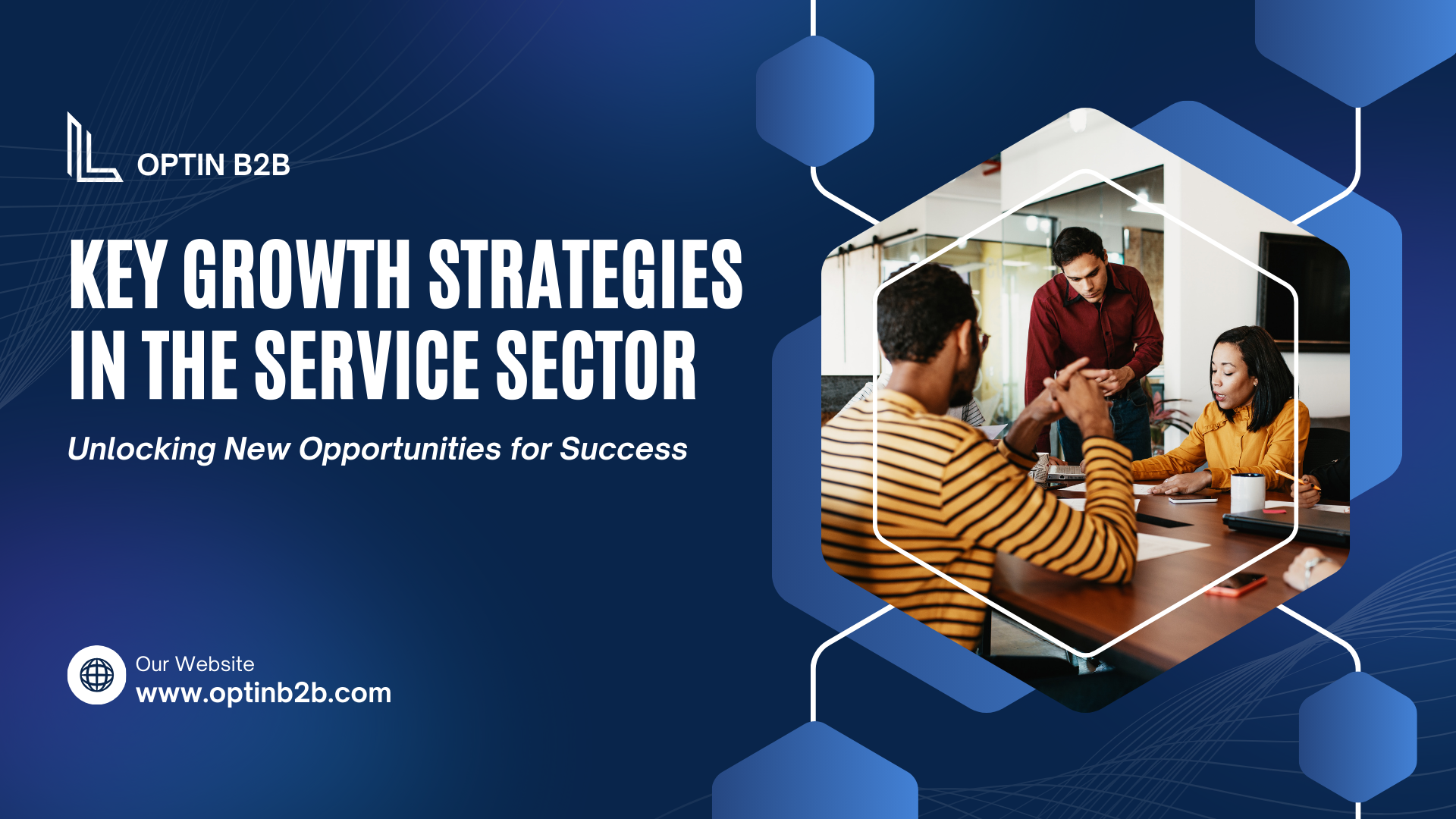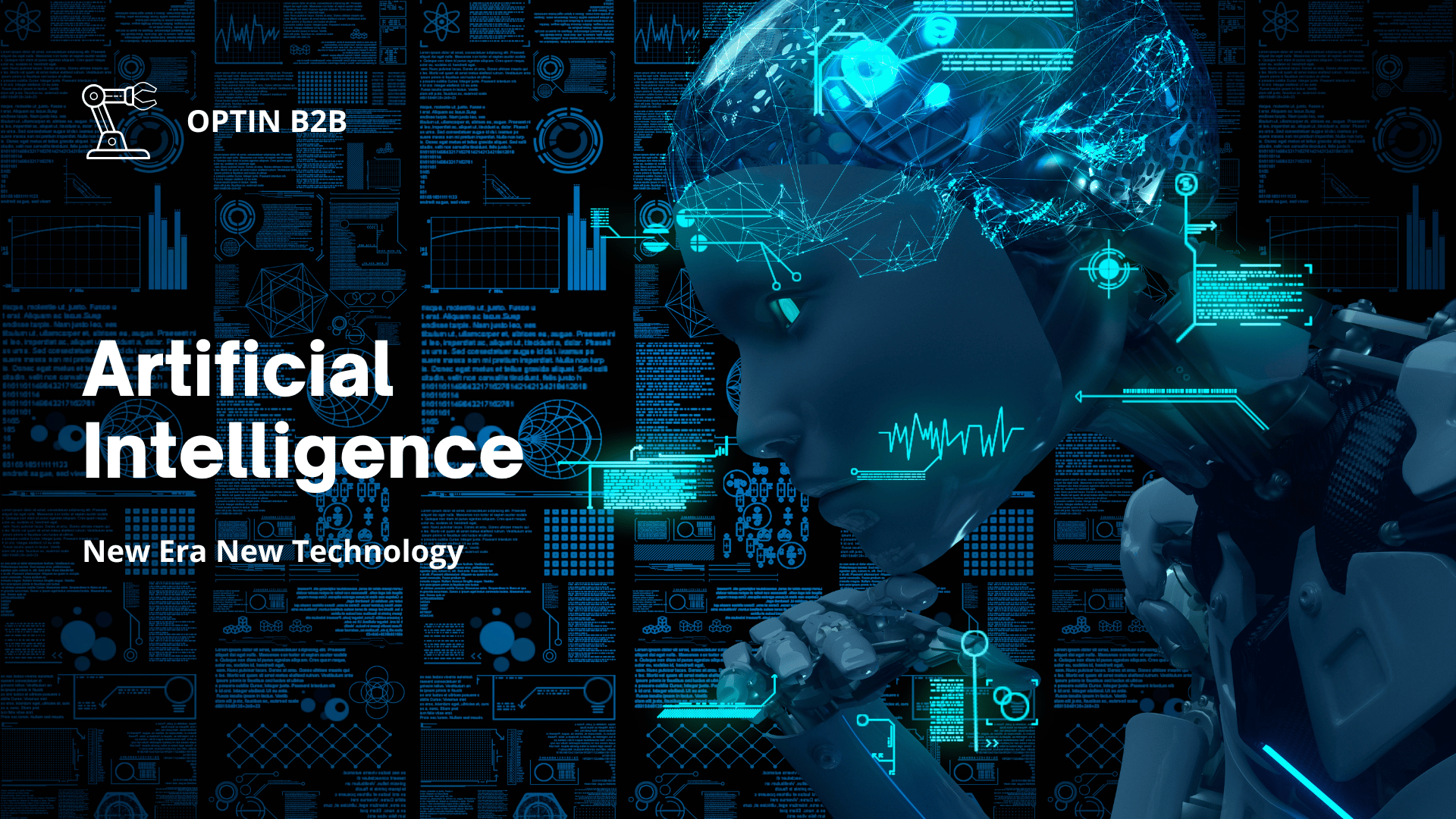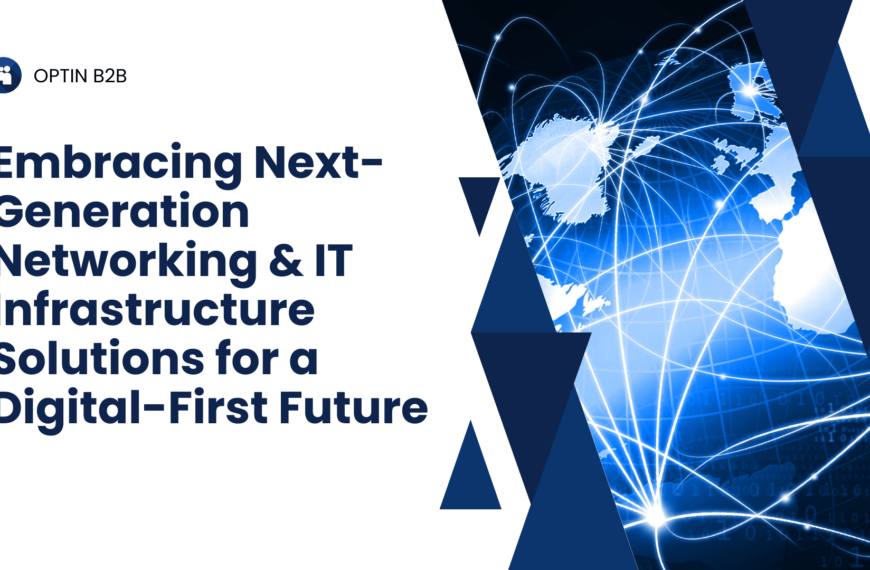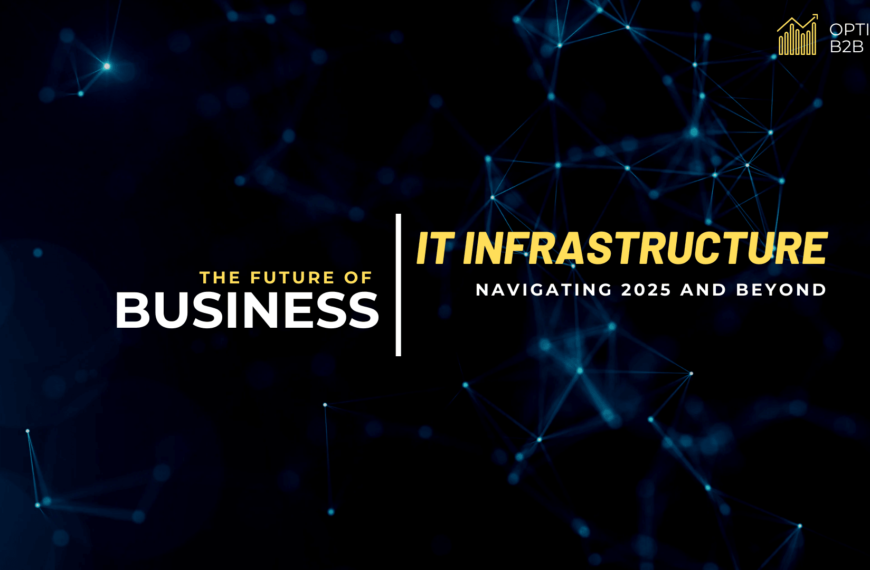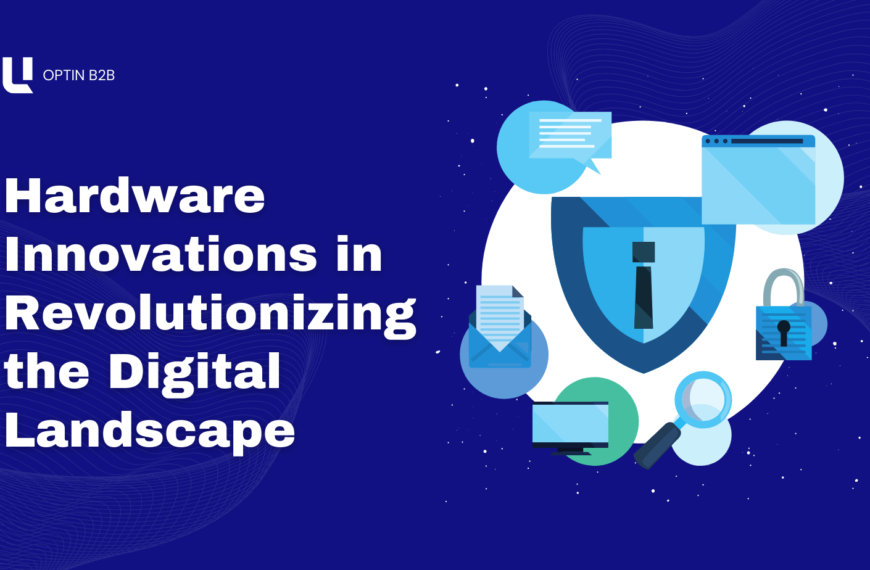As we head into 2025, the introduction of 5G technology is set to revolutionize the landscape of enterprise technology. With its promise of faster speeds, lower latency, and more reliable connections, 5G is poised to transform industries across the globe. The technology is not just about faster mobile networks; it’s about enabling businesses to harness the power of next-gen innovations like IoT, artificial intelligence (AI), and cloud computing. Let’s explore how 5G will impact enterprise technology and the key areas where businesses can benefit from its adoption.
One of the biggest advantages of 5G technology is its ability to deliver faster data transfer speeds. This capability is particularly valuable for businesses relying on real-time data analytics. Industries such as manufacturing, logistics, and healthcare are already leveraging 5G to enhance the speed and accuracy of data processing. With 5G, companies can receive instant insights from their data streams, enabling them to make informed decisions faster and optimize operations. This immediate access to information is a game-changer for companies looking to stay ahead in a fast-paced business environment.
The Internet of Things (IoT) is another area that stands to benefit greatly from the rollout of 5G. As more devices connect to the internet, businesses are increasingly relying on IoT to gather data and automate processes. 5G networks can handle a higher volume of connected devices with minimal latency, making it easier for businesses to deploy large-scale IoT solutions. For instance, Siemens and General Electric are already using 5G to improve manufacturing processes, from smart factories to predictive maintenance. This enhanced connectivity will allow businesses to automate operations more effectively and increase efficiency across their supply chains.
Cloud computing has already transformed how enterprises manage their data, but 5G is set to take it to the next level. With its high-speed and low-latency capabilities, 5G will enable faster cloud computing services and improve the performance of edge computing. Amazon Web Services (AWS) and Microsoft Azure are investing heavily in 5G to bring cloud computing closer to the edge, enabling businesses to process data locally rather than relying on distant data centers. This shift allows for faster decision-making and enhances the ability to manage and process data at scale, especially in industries like healthcare, where data privacy and latency are critical.
The rise of remote work, accelerated by the pandemic, has led to an increased need for seamless collaboration tools. 5G will significantly improve remote communication and collaboration by enabling high-quality video conferencing, faster file sharing, and real-time collaboration across teams. Enterprises such as Cisco and Zoom are already optimizing their platforms for 5G, offering users better video conferencing experiences, regardless of location. With 5G’s high bandwidth, employees will be able to work more effectively from anywhere, improving productivity and reducing downtime.
With the introduction of 5G, there are concerns about cybersecurity, as more devices and systems become connected. While 5G promises to increase data transfer speeds, it also opens new avenues for potential cyber threats. As businesses move to adopt 5G technology, they will need to prioritize robust security measures to safeguard their networks and data. Companies like Palo Alto Networks and CrowdStrike are already focusing on securing 5G networks, ensuring that enterprises can benefit from the technology without compromising data privacy.
The advent of 5G technology will play a pivotal role in shaping the future of enterprise technology. By enabling faster data transfers, improving IoT connectivity, and enhancing cloud and edge computing, businesses can achieve unprecedented operational efficiency and gain a competitive edge. However, to fully realize the potential of 5G, businesses must address security concerns and prepare for the challenges that come with integrating next-gen technologies. The future is bright for enterprises that are ready to embrace 5G, and those who do will be poised for success in the fast-evolving digital landscape.




